What is Artificial Intelligence? What is its impact? How did it all begin? How did it evolve? How does it benefit society? What are the subfields of Artificial Intelligence? What are their ethical implications?
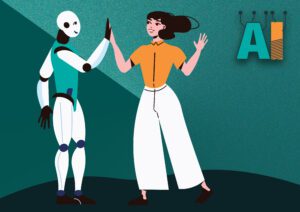

The global workforce is today facing a critical period of jobs and skills instability. Oxford University researchers claim that 47% of today’s jobs will disappear in the coming years. The Future of Jobs 2018 report, by the World Economic Forum (WEF), anticipates that 75 million jobs will be displaced by AI, robotics and automation, but suggests that 133 million new jobs may be created as an outcome of the shift in work between humans and machines. The net resulting 58 million new jobs require a human workforce which possess proficient digital skills. Pursuant to such predictions, the WEF has recently launched the ‘Reskilling Revolution’, aimed at providing better education, new skills and better work to a billion people by the year 2030.
In line with this initiative and as a proactive (rather than a reactive) measure, the Erasmus+ ‘Digital Skills for the Artificial Intelligence Revolution’ (DS4AIR) project aims at designing and developing an online self-paced training course on digital skills for the Artificial Intelligence Revolution in order to reskill vulnerable adults whose jobs are threatened by the new technologies, hence ensuring their survival and prosperity in the job market. For more information visit www.ds4air.com.
Eight self-paced 90-minute chapters which assume no prior knowledge or experience of working with the themes covered and specifically designed for the place of work and in view of the Fourth Industrial and AI Revolutions. You can earn individual certificates for each chapter and an overall certificate for the whole course, once you successfully complete all chapters.

What is Artificial Intelligence? What is its impact? How did it all begin? How did it evolve? How does it benefit society? What are the subfields of Artificial Intelligence? What are their ethical implications?
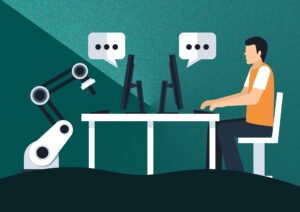
What are the applications of Artificial Intelligence in Emerging Technologies and Human-Machine Interactions? In which sectors is AI being adopted? How is AI enhancing the field of Science?
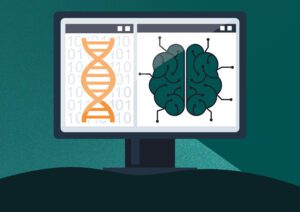
How do organisations become ready to accept Artificial Intelligence? What are the foundations, infrastructure and interfaces required? How can management systems influence the embedding of AI practices?
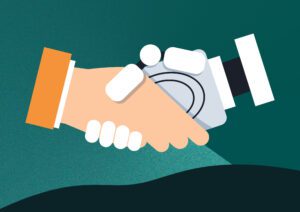
What are Emerging Technologies? How does Artificial Intelligence work with different Emerging Technologies? How can Big Data and AI enhance business operations? How does AI work on the Cloud and Blockchain?
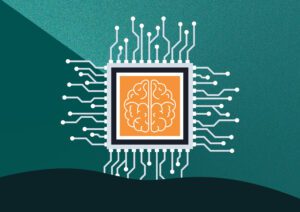
What is Digital Transformation? What are the phases in a Digital Transformation process and strategy? Which are the key organisational characteristics for AI integration in Digital Transformation?
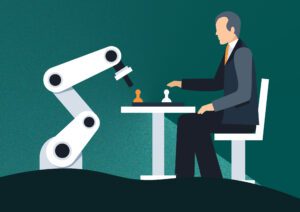
What is Machine Learning? What is Classification? What are Decision Trees? What are different types of learning in Machine Learning? What are Machine Learning applications?
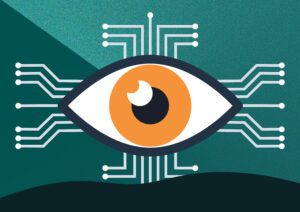
What are Neural Networks? What is Deep Learning? What are the different types of Deep Learning algorithms? What are the benefits and challenges in Deep Learning? What are Deep Learning applications?
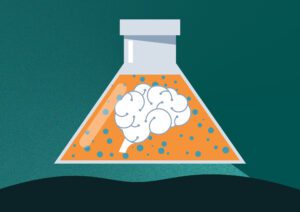
How is AI shaping the future of work? Why are humans key to digital transformation? What is transformational leadership and what does leading with AI entail? Why are digital skills the future of work?

The European Commission support for the production of this publication does not constitute an endorsement of the contents which reflects the views only of the authors, and the Commission cannot be held responsible for any use which may be made of the information contained therein.